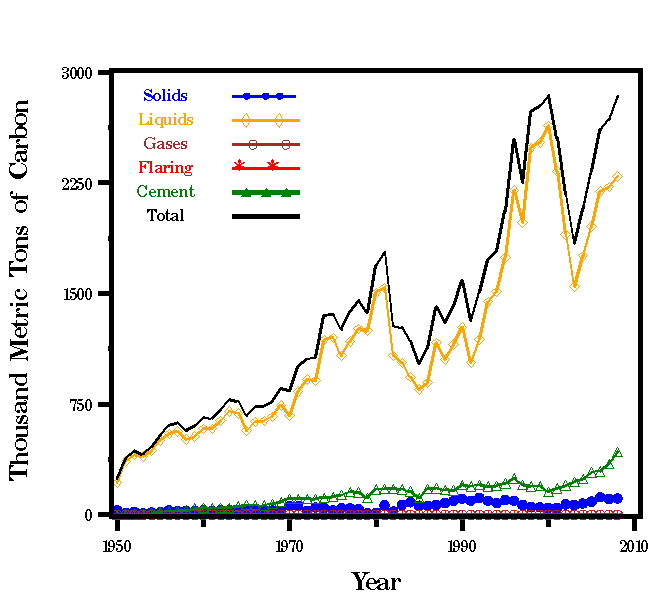Blogs
The carbon footprint
A carbon footprint is the total amount of greenhouse gases produced to directly or indirectly support a lot of human activities which is causing global warming. This is usually expressed as a vast amount of carbon dioxide but can also include other gases such as methane and ozone, which are converted into the CO2 that would cause the same global warming effect (commonly referred to as the equivalent CO2 amount). Humans do activities that produce a large amount of CO2 (carbon dioxide) on a day-to-day basis. Although some might not wish to cause for such activities to produce greenhouse gases, sometimes it is inevitable in life. People use petrol/diesel consuming vehicles everyday to get them to places they need to attend, the engines burn fuel and produce CO2. Heating of homes is also another cause of this. Whether a house is heated with coal, oil or gas, some amounts of CO2 are produced, even though some people use electricity, the production of this electricity might have been done through the means of burning fuels, causing more CO2 to be produced. Normally a carbon footprint in calculated in such a way that it is the sum of all emissions of CO2 induced by human activities in a given time frame (this usually being per year).
How does the carbon footprint affect the economy?
Energy is considered to be the "lifeline" of an economy. Energy is power and power is money, as many would say. Due to this small and simple concept being implanted into the minds of governments all around the world, many countries suffer greatly. People tend to idolize money, and this cause a sort of subconscious battle to be at the top. If every country is trying to be the best, this is mainly done through the usage of energy. This energy is created by burning fuels to make electricity and power machinery to create products for money.
How does development of a country affect the carbon footprint?
Typically, in a developing country such as mine, Kenya, the amount of carbon dioxide produced is much larger than other countries due to it being more developed. In the process it takes to develop a country, certain actions are done. Examples of these actions is building new facilities, expanding farmland, expanding roads etc. Let us take the example of road expansion to explain how it affects the country’s carbon footprint. To begin with, the designated area would have to be cleared, this usually happens to be in a tree infested area. This is already bad due to the rise in deforestation rates over the past years, but now, the tree land is not replaced by crop farms or domestic buildings. It is now covered in tarmac, this has a very big affect on climate change due to the tarmac being black and a rough surface making it much easier for the sun’s rays to get attracted and trapped in the roads. I once saw an article about cities starting to paint their roads white to prevent the city from becoming too hot during the day. I think this is a fantastic start to acting against climate change. Do you think all main cities should start doing this to the roads as well?

Power imbalances influenced by climate change
Climate change has many affects on countries, being within themselves or among each other. One of the major effects are the economy of a country. If a country’s government (eg. Kenya) decides to act against global warming and climate change; it may cost them more or less money to do so. An example is when Kenya banned the production of plastic bags due to the amount of pollution. This obviously cost them much less money as they do not have to produce any more plastic bags, but what are they to do with all the plastic bags laying around and in people’s homes? For a country to release a new law regarding climate change, they would have to ensure that neighboring countries have knowledge and agreement of the laws or it might cause some political tension leading to more problems in the future. If a country or organisation is to aid the fight against global warming, they should have a well thought-out plan such as planting trees. Before you know it, the land owner may appear and claim for their land back or such disastrous incidences.
